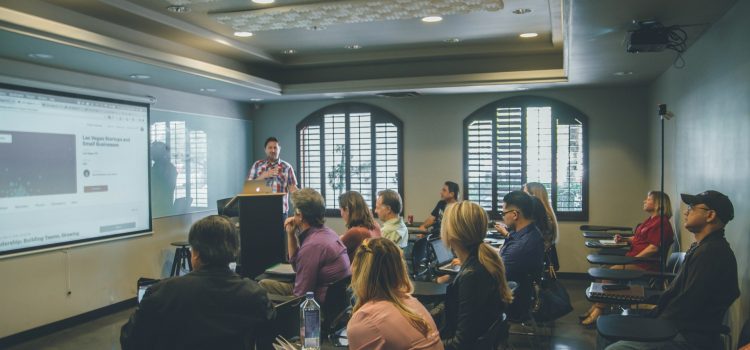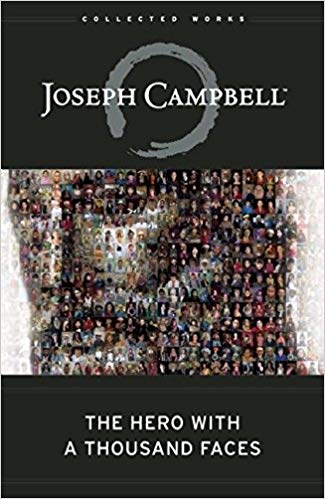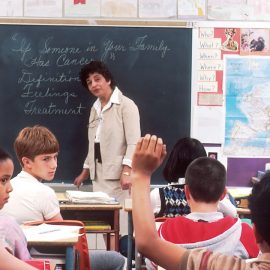

This article is an excerpt from the Shortform summary of "The Hero with a Thousand Faces" by Joseph Campbell. Shortform has the world's best summaries of books you should be reading.
Like this article? Sign up for a free trial here .
What is the importance of studying mythology and folklore in modern society? In what ways can myths be useful to us?
When you understand that myths bind us together and make us feel like we are a part of something much larger than ourselves, you will recognize the continued importance of studying mythology and folklore. The power of myths lies in the fact that they always yield answers to any question we ask of them. They can be stories that amuse us, they can be instructional, they can provide us with a higher meaning, and anything else we demand of them.
Read on to learn more about the importance of studying mythology and folklore.
The Importance of Mythology Studies
If we are to examine the importance of studying mythology and folklore in modern society, its biggest purpose is perhaps to bind us closer and provide us with a shared sense of community. Though we may lead atomized lives as husbands, wives, sons, daughters, professionals, and members of this or that nationality, we are bound together through shared myths. The ceremonies that derive from mythology, those of birth, initiation, marriage, and death, remind us that we are part of something much larger than ourselves. We are only a cell, an organ of a much larger being. This is as true for us as it was for the ancients. Like Odysseus, like the Buddha, like Cuchulainn, great marvels and unfathomable transformations await the modern hero who heeds the mythic call.
A major point to buttress the importance of studying mythology is that there is no one set way to interpret the mythologies of humankind. Although we have traced the universal hero’s journey, the monomyth, and explored how so many cultures across time and space have made sense of the beginnings and ends of the universe, there is an infinite variety of ways that myths are told.
Myths do not reveal themselves automatically to us; they are not self-evident. They will only yield up the answers to the questions that we choose to ask of them. If we look to them as simply stories to entertain or amuse us, they will provide that. If we seek in them mankind’s earliest attempts at science, religion, literature, or moral instruction, they will provide that as well. And if we look to them to provide us with a higher meaning, an idea of where we come from and what we are meant to do with our existence, they can point us there, too. Indeed, the ways in which we can interpret myths are as limitless as the myths themselves.
———End of Preview———

Like what you just read? Read the rest of the world's best summary of "The Hero with a Thousand Faces" at Shortform . Learn the book's critical concepts in 20 minutes or less .
Here's what you'll find in our full The Hero with a Thousand Faces summary :
- How the Hero's Journey reappears hundreds of times in different cultures and ages
- How we attach our psychology to heroes, and how they help embolden us in our lives
- Why stories and mythology are so important, even in today's world






